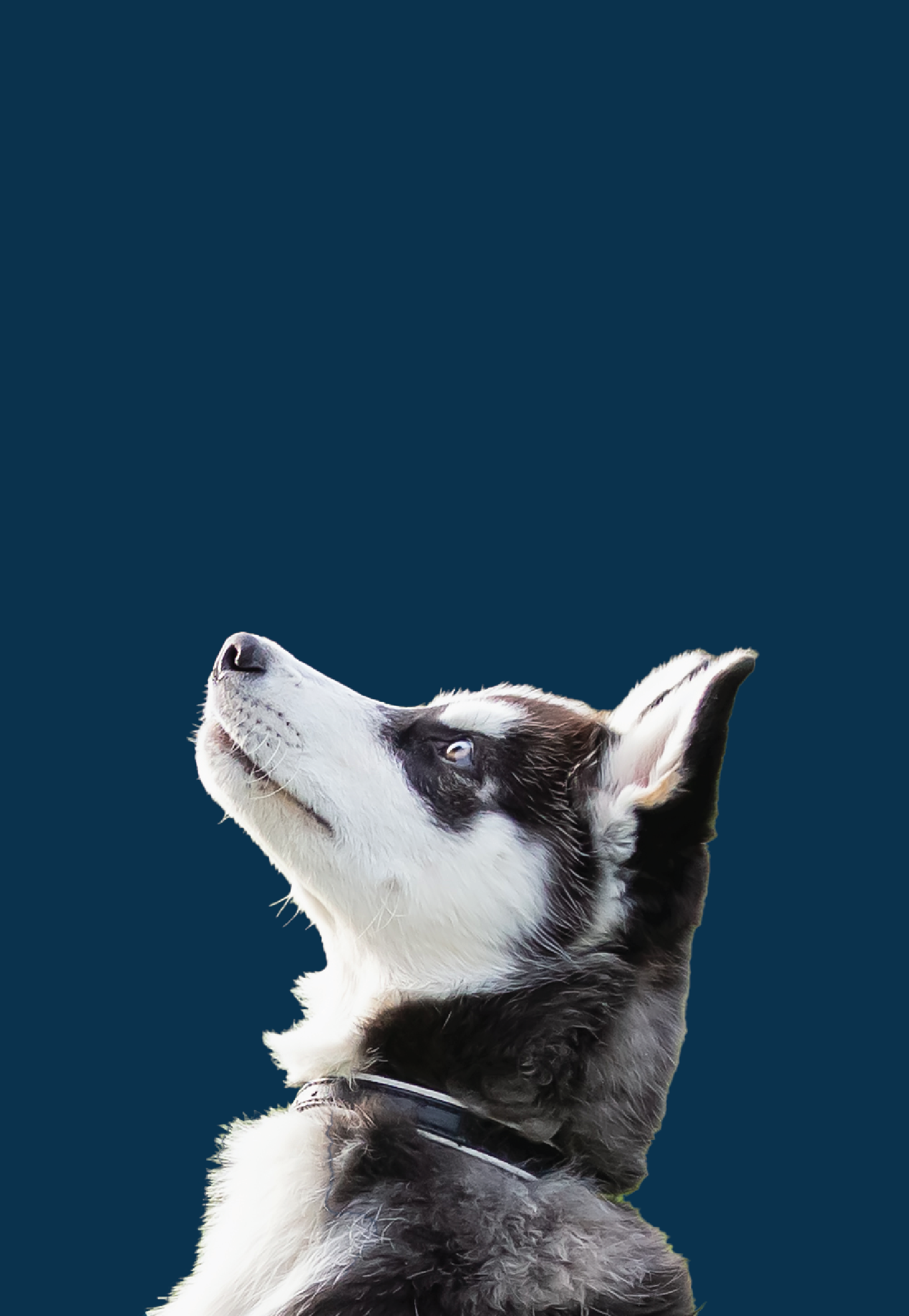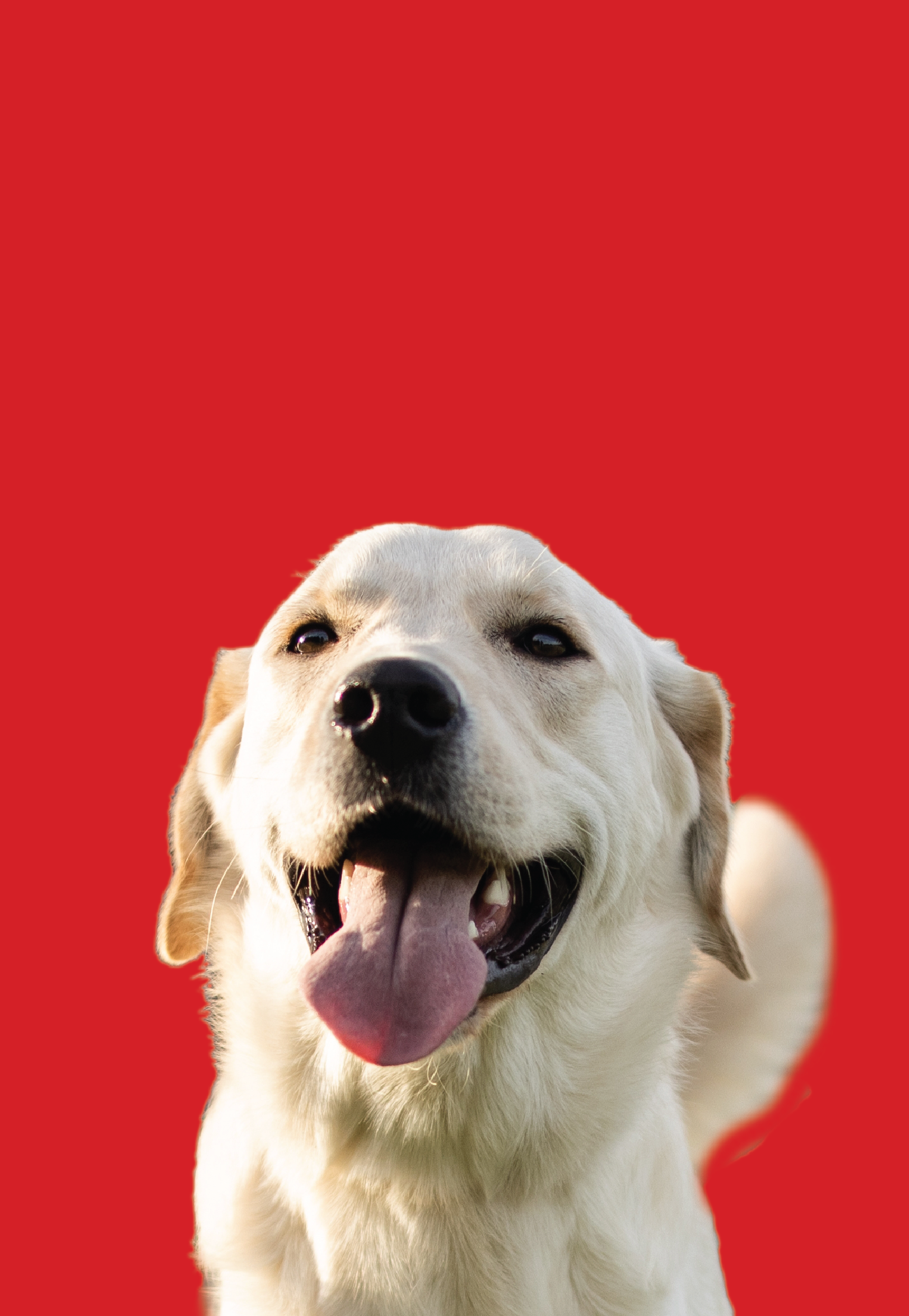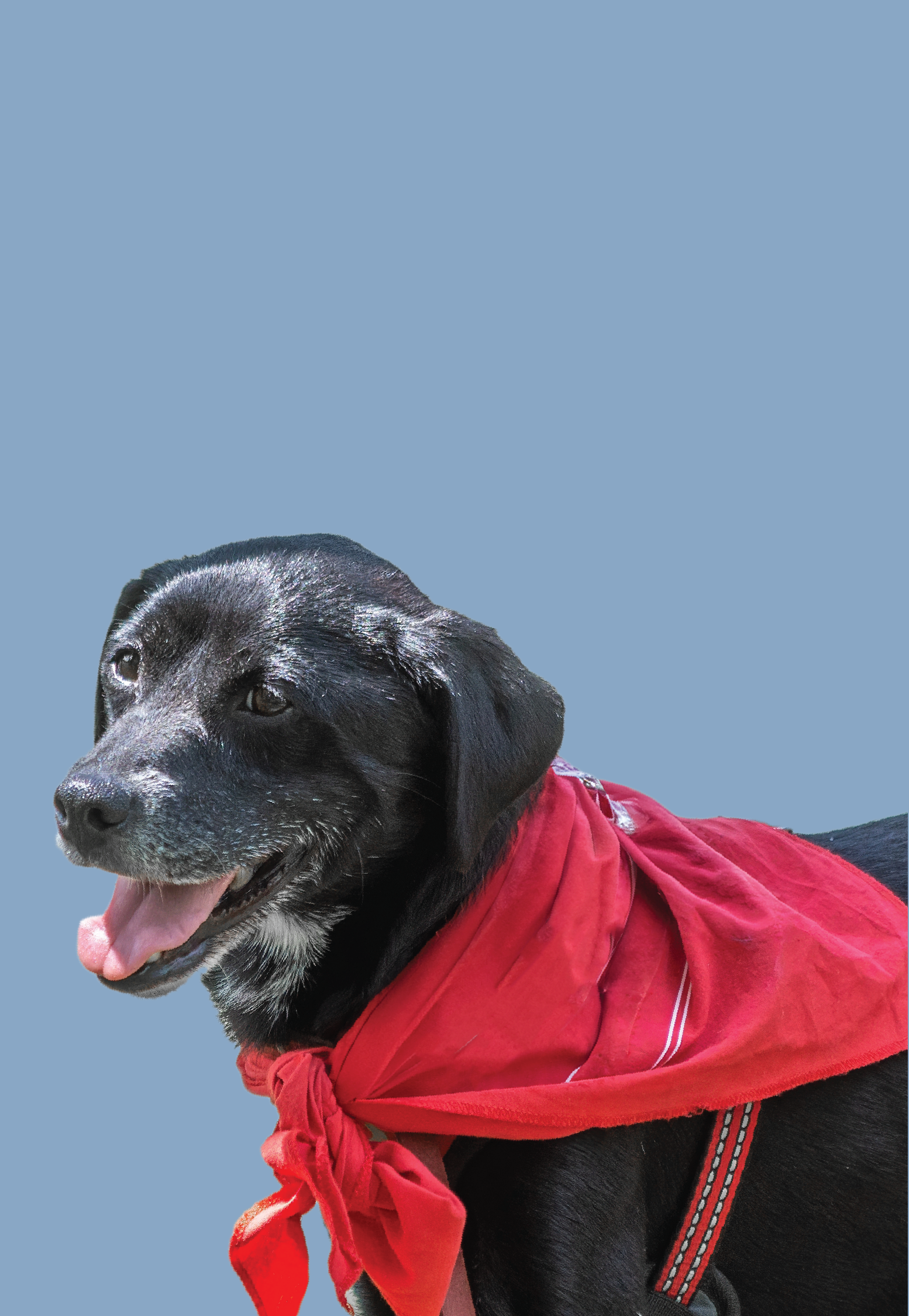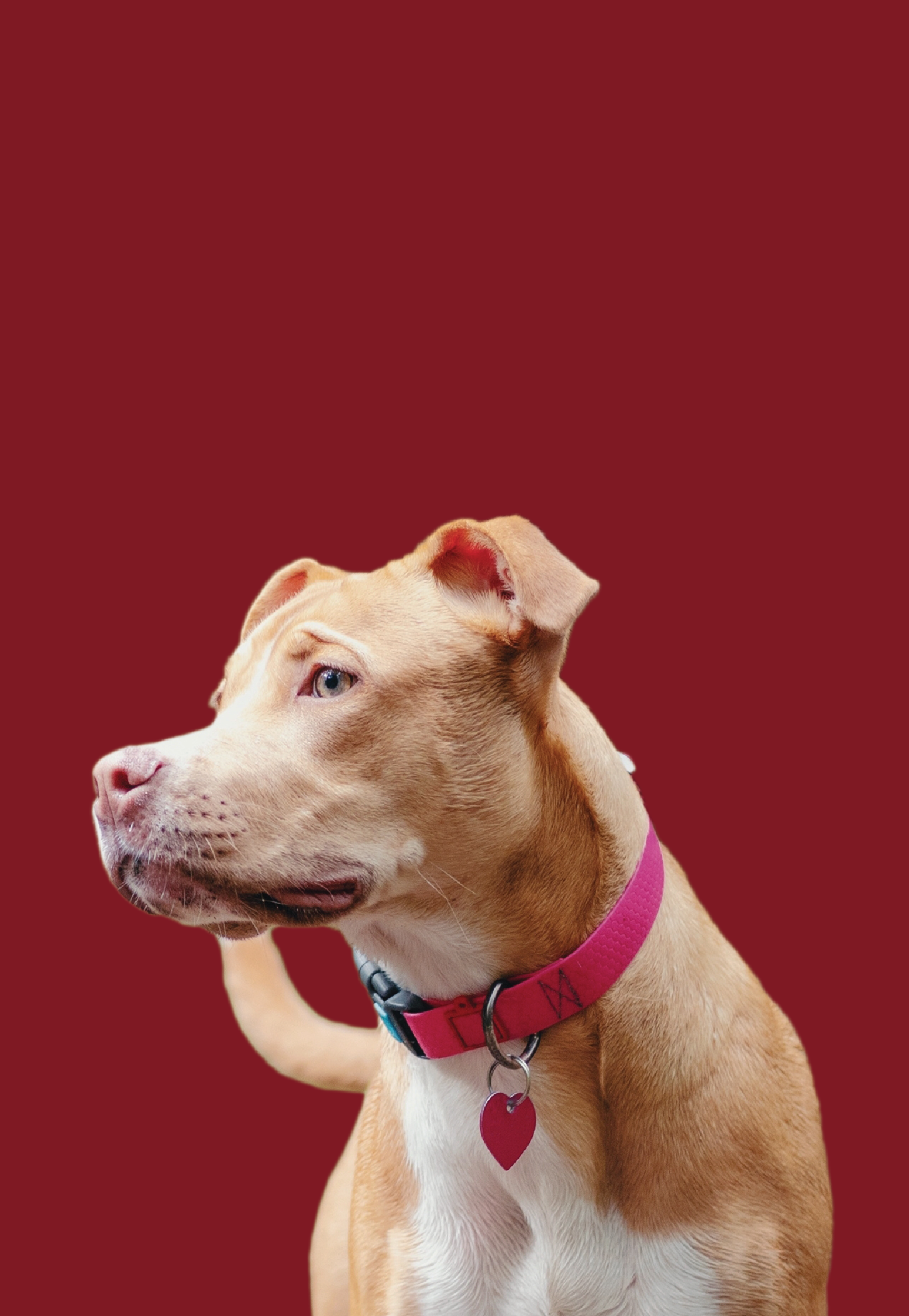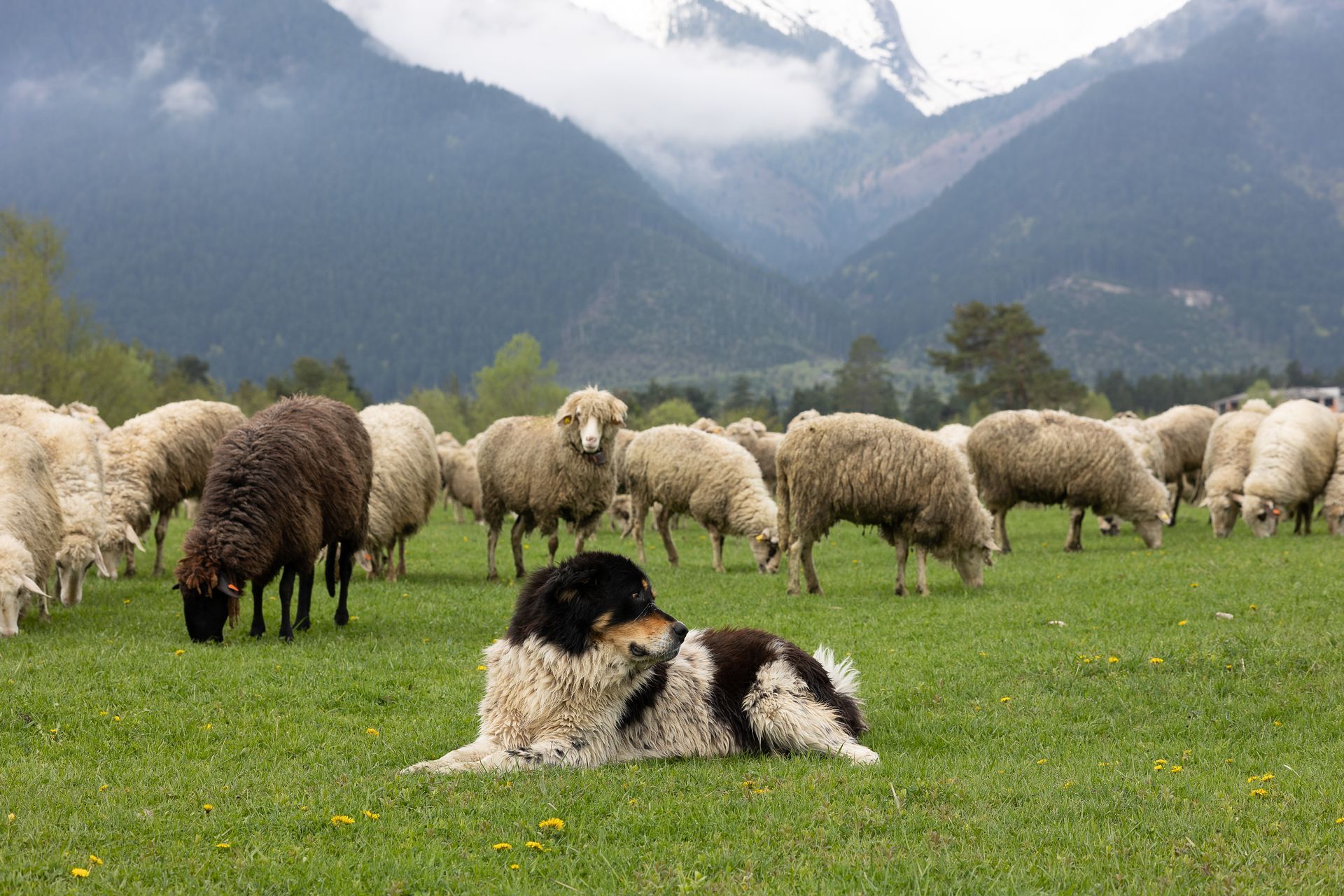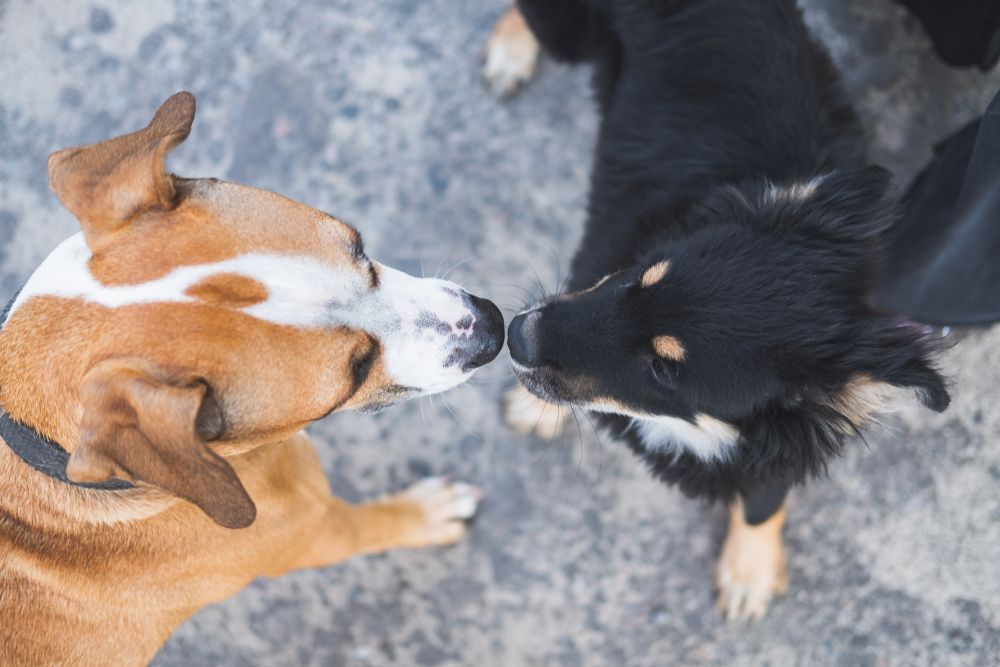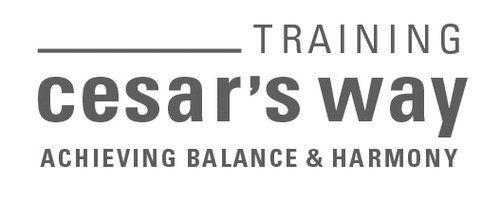How to Socialize a Puppy or Adult Dog
Share this Article:
Written by: Always Faithful Dog Training
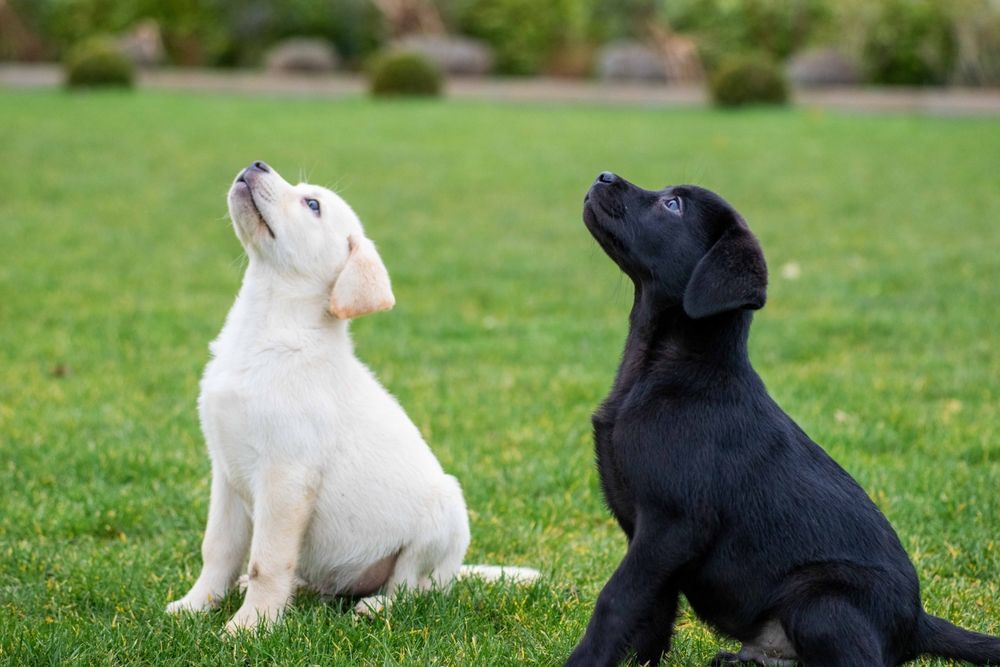
Socializing your dog is one of the most important steps in ensuring a happy, balanced, and confident companion. Whether you’re starting with a playful puppy or working with an older dog who may have missed this critical stage earlier in life, it’s never too late to help your canine feel comfortable and well-mannered in different environments.
Socialization helps dogs form positive associations with their surroundings. With the right approach and practical tips, you can teach your dog the skills needed to thrive in any situation.
What is Puppy Socialization?
Puppy socialization is about teaching your puppy to feel comfortable and secure in a variety of situations. By introducing them to new people, animals, spaces, and experiences during their early months, you can shape their ability to handle the world with ease and confidence as they grow.
Proper socialization during this critical time not only helps prevent fear, anxiety, and aggression but also builds a foundation for a happy, balanced life. If your dog missed this window as a puppy, don’t worry—with patience and the right guidance, you can still help them grow into a confident companion.
AVSAB Position Statement on Puppy Socialization
The American Veterinary Society of Animal Behavior (AVSAB) emphasizes the importance of early socialization, particularly within the first three months of life. They recommend safe, responsible exposure to new people, animals, and environments to help prevent behavioral issues such as fear or aggression.
While some owners may hesitate to socialize their puppy before full vaccinations, AVSAB advises that the benefits of early socialization, when done thoughtfully, outweigh the risks. Proper precautions—like ensuring your puppy has at least one set of vaccinations and a deworming—can make early socialization both safe and effective. The AVSAB also recommends using calm and consistent training methods that build trust and strengthen the bond between you and your puppy.
What Makes Puppy Socialization Important?
Socialization plays a vital role in shaping a dog’s behavior and emotional balance. Puppies exposed to new people, animals, and settings during their early weeks learn how to navigate the world more calmly and securely.
Well-socialized dogs are more adaptable, enjoy positive interactions, and easily handle unfamiliar situations. Prioritizing socialization strengthens your bond with your puppy and sets them up for a lifetime of success.
When to Socialize a Puppy
Socialization can begin as early as 7-8 weeks of age, provided your puppy has received their first set of vaccinations and a deworming at least seven days prior. During this time, puppies are naturally curious and receptive to forming new associations.
Introducing your puppy to new settings, people, and animals in a gradual, safe way helps them grow into a well-mannered adult dog. Early exposure also reduces the risk of fear-based behaviors and promotes smoother transitions as they age.
What is Puppy Socialization?
Puppy socialization is about teaching your puppy to feel comfortable and secure in a variety of situations. By introducing them to new people, animals, spaces, and experiences during their early months, you can shape their ability to handle the world with ease and confidence as they grow.
Proper socialization during this critical time not only helps prevent fear, anxiety, and aggression but also builds a foundation for a happy, balanced life. If your dog missed this window as a puppy, don’t worry—with patience and the right guidance, you can still help them grow into a confident companion.
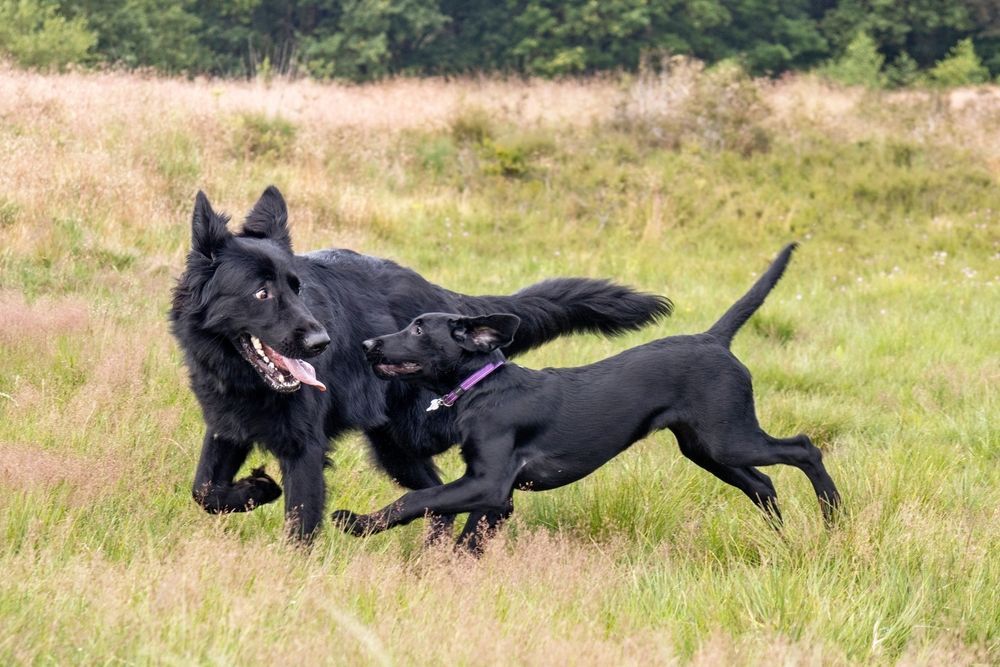
How to Socialize a Puppy
Socializing your puppy involves practical steps that create enjoyable experiences. By focusing on gentle handling, gradual exposure to new environments, and consistent leadership, you can help your puppy thrive.
Start Early with Gentle Handling
Begin socializing your puppy as soon as you bring them home by gently handling them daily. Touch their paws, ears, mouth, and tail to help them get used to being handled. This not only builds trust but also prepares them for experiences like grooming and vet visits. Keep interactions calm and positive to ensure your puppy feels safe and comfortable.
Expose Puppies to New Experiences
Introduce your puppy to a variety of sights, sounds, and spaces to help them build confidence and adaptability. Arrange playdates with dogs you know are healthy and well-behaved, as positive interactions with the right canine role models can teach your puppy valuable social skills.
Expose your puppy to new situations gradually—like meeting different people, exploring new places, and encountering everyday sounds—while making each experience positive and non-threatening. This helps your puppy develop into a calm and confident adult dog.
Establish Leadership Early
From the start, show your puppy that you are a calm and confident leader they can trust. Strong leadership builds respect and helps your puppy look to you for guidance in new or challenging situations. This foundation is key to creating a lifelong bond and helping your dog listen and respond to you in all aspects of life.
Encourage Exploration and Play
Give your puppy the freedom to safely explore their surroundings and engage in play. Let them investigate different textures, objects, and environments at their own pace, helping them build curiosity and confidence.
Interactive play with toys or other well-behaved dogs reinforces positive behaviors while teaching social skills. Balance exploration with structure so your puppy feels secure while discovering the world around them. Playtime isn’t just fun—it’s a key part of their social and mental development.
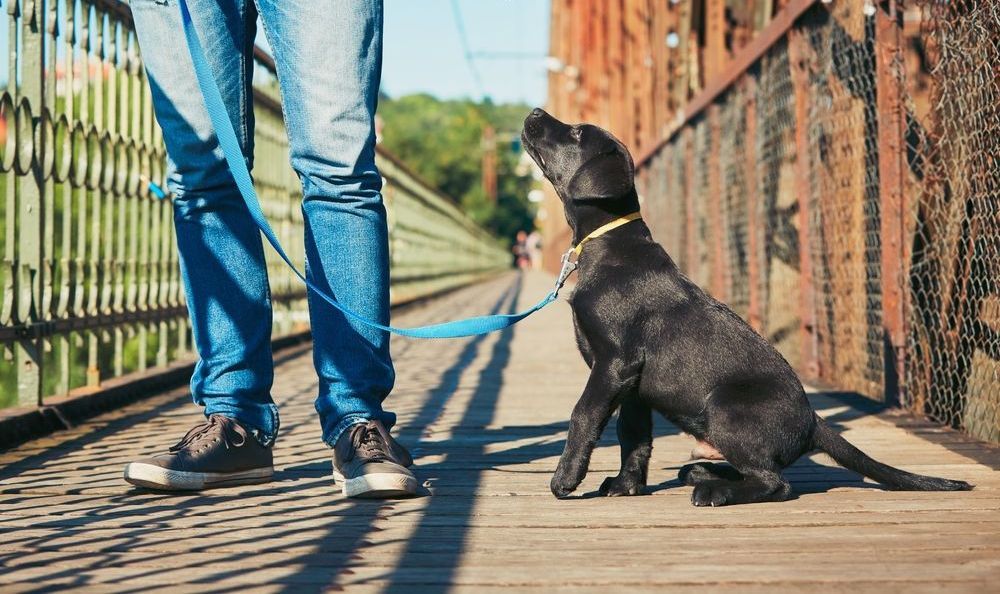
Take Your Puppy on Outings
Visit dog-friendly places like parks, stores, and outdoor eateries to introduce your puppy to new surroundings. These outings help them become familiar with different locations and interactions.
Keep trips relaxed and enjoyable, gradually increasing the complexity of experiences as your puppy grows more at ease in the world.
Practice Independent Play and Rest
Teach your puppy to feel comfortable being on their own by encouraging independent play and providing quiet time for rest. Offer engaging toys, like chewables or puzzle feeders, to keep them entertained while fostering self-reliance.
Creating a routine with dedicated rest times helps your puppy learn to relax and recharge, which is just as important as active socialization. This balance promotes a confident and well-adjusted dog.
Maintain Ongoing Socialization
Socialization doesn’t stop after puppyhood—it’s an ongoing process. Continue exposing your dog to fresh environments and new situations to reinforce the skills they’ve learned.
This lifelong practice keeps your dog adaptable and well-prepared for any changes in their routine or surroundings.
How to Socialize an Adult or Older Dog
Socializing an older dog is still possible and just as important as with a puppy. The key is taking small, intentional steps to help them feel comfortable in new situations. You can help your dog build confidence and enjoy the world around them with consistency and care.
Start with Slow Introductions
When socializing an older dog, begin with calm, low-pressure introductions to new people, animals, and environments. Take it one step at a time, allowing your dog to observe and adjust at their own pace.
Focus on creating enjoyable experiences by staying calm and offering affection when your dog remains relaxed. Gradual exposure builds trust and helps your dog feel more comfortable in new situations.
Build Trust Through Positive Interactions
Earning your dog’s trust is key to successful socialization. Spend quality time together in familiar settings before introducing new ones. Be patient and calm, allowing your dog to feel secure and supported as they adjust.
Every interaction should reinforce your role as a dependable leader, helping your dog feel more at ease and ready to handle new situations over time
Gradually Expose to New Environments
Introduce your dog to new environments slowly, starting with quiet, low-stress locations before moving on to busier settings. Allow them time to explore at their own pace, staying calm and confident to help them feel secure.
Short outings in controlled settings can help your dog become more comfortable and prepared for different situations over time.
Maintain Ongoing Socialization
Socialization doesn’t stop after puppyhood—it’s an ongoing process. Continue exposing your dog to fresh environments and new situations to reinforce the skills they’ve learned.
This lifelong practice keeps your dog adaptable and well-prepared for any changes in their routine or surroundings.
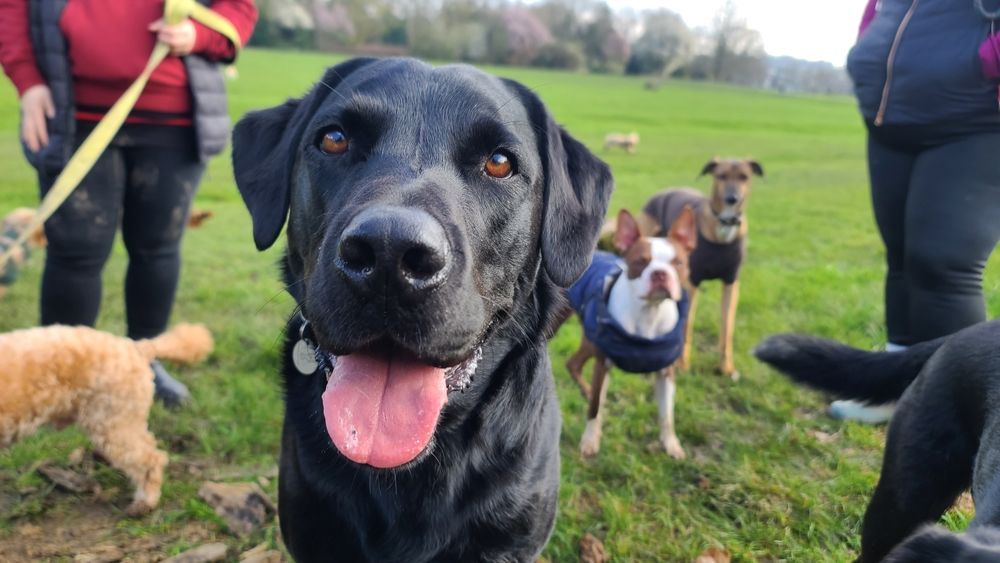
Use Controlled Socialization with Other Dogs
When introducing your dog to other dogs, choose calm, well-behaved companions in a controlled space. Avoid crowded dog parks or unfamiliar situations that could overwhelm your dog.
Start with one-on-one meetings on neutral ground, keeping interactions brief and supervised. Over time, these positive experiences will help your dog feel more comfortable and confident around other dogs.
Incorporate Leadership Training
Leadership is essential for helping your dog navigate social situations with confidence. By staying calm and composed, you show your dog they can trust and rely on your guidance.
In social settings, your demeanor sets the tone—if you’re relaxed and in control, your dog will follow your lead. Establishing this trust strengthens your bond and helps your dog feel secure in any environment.
Encourage Growth Through Enrichment Activities
Incorporate activities that stimulate your dog’s mind and body, such as puzzle toys, scent games, obstacle courses, and arranged playdates with known dogs. These challenges build problem-solving skills and help your dog feel more at ease in unfamiliar situations. Schedule playdates with well-balanced dogs so your dog can learn proper play and interaction. Dogs are great at communicating and teaching proper limits and behaviors to each other.
Enrichment activities also provide healthy outlets for energy and stress, promoting a more balanced and self-assured dog in their daily interactions.
Our Obedience Training Can Help!
Raising a well-behaved, socialized puppy starts with effective training. At Always Faithful Dog Training, we use leadership-based methods that focus on your puppy’s natural instincts to establish trust and respect. Our approach avoids gimmicks like treats or clickers, relying instead on proven, psychology-based techniques that work in any situation.
With personalized, in-home training, we help you build a strong bond and set your puppy or adult dog up for long-term success. Take the first step toward a happier, more balanced dog. Find a
local trainer today and let us help you build a lifelong bond!
Connect with Us:
